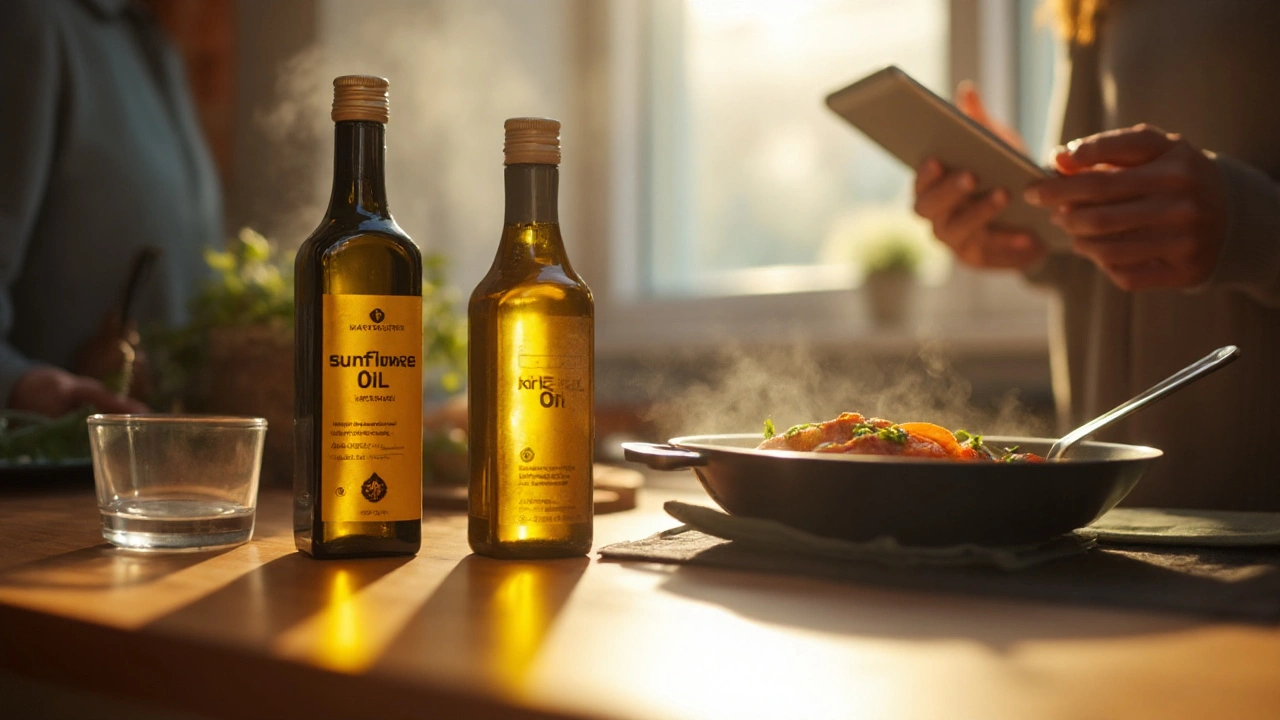Vitamin E – What It Is, Why It Matters, and How to Use It Safely
Vitamin E is a fat‑soluble nutrient that works like a tiny shield inside your cells. It helps stop damage from free radicals, supports healthy skin, and keeps your immune system on track. If you’re looking for a simple way to boost overall health, getting enough vitamin E is a good place to start.
Why Vitamin E Matters
Think of vitamin E as a rust‑preventer for your body. When you eat foods rich in this vitamin, it neutralises the oxidative stress that builds up from things like pollution, smoking, and even intense exercise. This protection can keep skin looking fresh, aid wound healing, and may lower the risk of certain chronic diseases.
Besides its antioxidant role, vitamin E helps the body make and repair cell membranes, which is essential for healthy blood vessels and good circulation. It also works with other nutrients—especially vitamin C and selenium—to boost overall antioxidant power.
How to Get Enough Vitamin E
The easiest way to meet your daily need is through food. Some of the top sources include:
- Sunflower seeds – just a handful gives you about 20% of the recommended amount.
- Almonds – a small handful offers roughly 15% of the daily value.
- Spinach and other leafy greens – cooked spinach supplies a decent boost.
- Avocado – adds healthy fats and a good dose of vitamin E.
- Wheat germ oil – just a teaspoon covers most of the daily recommendation.
If you’re not getting enough from meals, a supplement can fill the gap. Look for a product that lists dl‑alpha‑tocopherol as the active form. The general adult recommendation is 15 mg (22 IU) per day, but some people—like those with certain medical conditions—might need a different amount. Always read the label and follow the dosage advice.
When choosing a supplement, avoid mega‑doses unless a doctor tells you otherwise. Very high amounts of vitamin E (over 1,000 mg daily) have been linked to an increased risk of bleeding, especially if you’re also on blood‑thinning medication. For most folks, staying within the recommended range is both safe and effective.
Cooking can affect vitamin E content, but because it’s fat‑soluble, using a little oil when you sauté vegetables actually helps retain the nutrient. So don’t be afraid to add a splash of olive oil to your greens or stir‑fry.
Finally, remember that balance matters. Pair vitamin E‑rich foods with other antioxidants like vitamin C (found in citrus fruits) for a more powerful defense against oxidative damage. A varied diet that includes nuts, seeds, leafy veggies, and healthy fats will usually cover your needs without the hassle of pills.
In short, vitamin E is a versatile nutrient that supports skin health, immunity, and heart‑friendly blood vessels. Eat a handful of nuts a day, toss some seeds into your meals, and consider a modest supplement if your diet falls short. Stay within the recommended dose, and you’ll enjoy the benefits without the risk of side effects.

Sunflower Oil Benefits (2025): Science‑Backed Uses for Mind, Body & Soul
Sep, 3 2025A clear, evidence-based guide to sunflower oil as a dietary supplement: benefits, types, dosage, cooking uses, safety, and smart swaps for daily wellness.
READ MORE